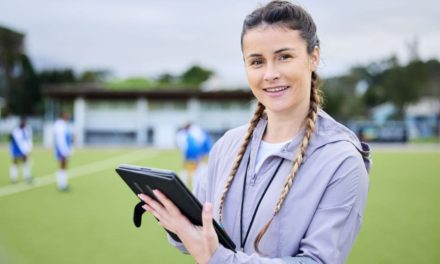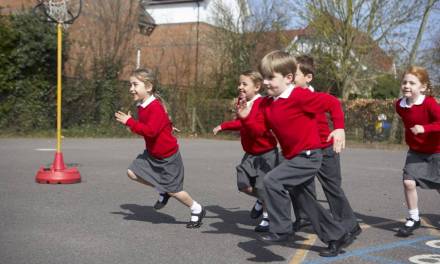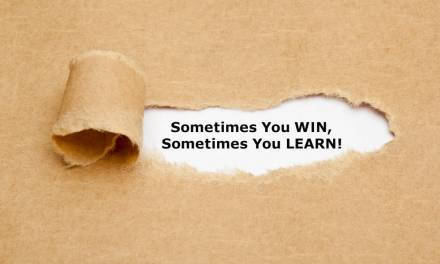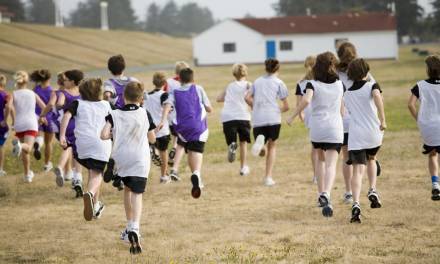No one can deny the way sports can unite a nation. For brief glorious moments it seems that the entire nation is cheering for one person, or one team. The mood lifts and everyone is happy.
But what about the next generation of athletes, the school children who are watching these games: does cheering for their team translate into sporting success?
It’s known as the Olympic Effect. In cycling alone, membership of the British Cycling Federation has doubled and entry to sportive races increased by 900%. 13,000 children took part in the Go-Ride Races and 20% of people said that the Olympics and other sporting success had encouraged them to ride more.
There are a number of factors that influence increased participation in the build up to major sporting events. The psychological effect is just one aspect, normally there is more funding available, both through government subsidised events, and sponsored event by large companies, such as Sky’s ‘Sky Ride’ initiative, and the new sporting facilities in the immediate vicinity to the games allow greater participation.
Of course there is more to the success of British cycling than the Olympics: the Tour de France, the cycling championships and the other tours and events mean that consistent winning is the name of the game for cycling in Britain.
Here schools can make an impact, simply by letting students know that these competitions exist, that it’s worth watching the X Games, the Youth Olympic Games, National Water Sports regattas and a host of other competitive sports.
However it’s only become clear after the Olympics that it hasn’t all been positive; there was some £675 million diverted from 10,000 charities, including charities that promoted and supported youth sports. The government promised that it would be reinstated after the sports arenas etc. were sold off.
This has been pushed back to 2020, leaving many smaller charities with no options other than to close the doors and walk away from those now enthused enough to want to take part in sports.
Again schools can step into this gap, working not only with the students, but also giving them the information about local sports clubs and groups. In the wake of rowing and kayaking victories in the Olympics, canoe and kayak clubs, along with rowing clubs have been inundated with new members; it’s probable that squash and other smaller but successful sports will see a similar influx of new members. With the right encouragement this higher participation will continue long after the Commonwealth Games Effect is over.
For Scotland the Commonwealth Games will have a major effect in the legacy left behind, in the form of initiatives such as Fit in 14; the 150 Community sports hubs that will be built across the country; the £10 million that will be allocated to sports participation and physical fitness; the funding that has been put in place to train 1000 PE teachers in a variety of areas including in Disability Inclusion; and funding to help school children and the wider community actively participate in sports.









